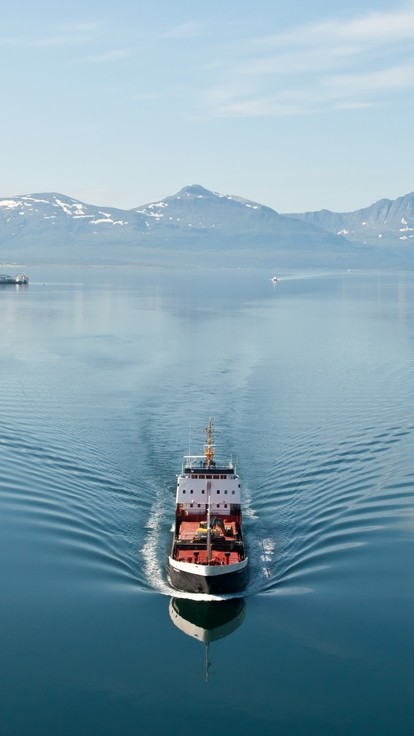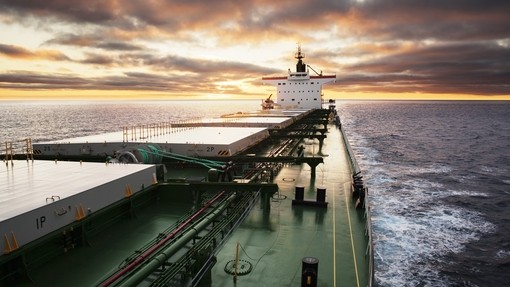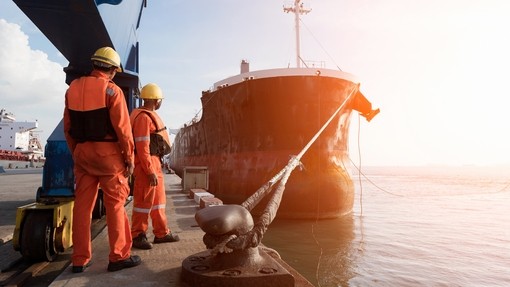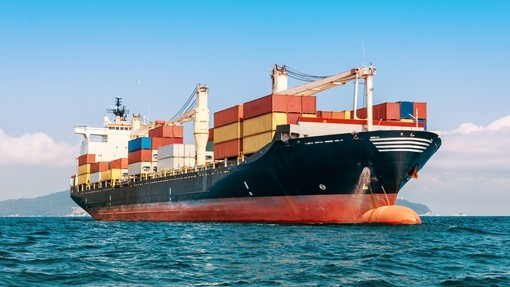Part two (voyage charters and common considerations): IMO 2020 - implications of the global sulphur cap to charterparties

Details
With the global sulphur deadline fast approaching on 1 January 2020, it is important that measures are taken so that the contractual documentation used by owners and charterers is 2020 compliant. Part one of this article looked at key considerations for owners and charterers in relation to time charters, whereas this part discusses the implications for voyage charters and also looks at some common issues applicable both to time and voyage charters.
Voyage charters
Under a voyage charterparty it is the owner who is responsible for supplying the vessel with fuel and it is therefore owners who will face the impact of the expected increased cost of low sulphur fuel oil (LSFO).
However, it seems likely that, as a result of the increased cost to owners, freight rates will also increase with the consumer being ultimately affected.
The use of scrubbers is unlikely to present too many issues in the context of a voyage charter. The voyage will be fixed with full knowledge of whether the vessel has a scrubber installed and the freight rate will likely be adjusted accordingly.
However, issues may arise in circumstances where the scrubber system stops operating and time is lost for repairs/maintenance etc. It is important for charterers to ensure that suitable clauses are in place so that laytime (and maybe even demurrage) do not to count in such circumstances.
Common issues to time and voyage charters
Bunker availability
There is some concern within the industry that there will not be sufficient LSFO available when the cap comes into force on 1 January 2020 and also that the LSFO will not be globally available. This will result not only in price increases, but also present potential issues with regard to the practicalities of bunkering.
Similarly, it does not appear that scrubbers have been adopted as broadly as expected and there could be a risk that high sulphur fuel oil will not be as widely available or at the much lower cost initially anticipated.
Even though according to Regulation 18.2 the ship should not be required to deviate from its intended voyage or to delay unduly in order to achieve compliance, owners can protect themselves by inserting clauses making it owners’ right to deviate to ports of call where low-sulphur fuel is available to be stemmed and also allocating the associated financial implications on charterers.
Bunker sampling and non-compliance
In order to minimise the potential for bunker disputes, clear procedures should be set out with reference to the sampling procedure to be adopted during bunker operations. The current BIMCO bunkering operations and sampling clause should be sufficient for continued use in time charters.
Parties should also consider their contracts with their bunker suppliers and ensure that the bunker delivery notes state the sulphur content of the fuel supplied, though this can be difficult at times given that bunker suppliers tend to use their own terms. This will depend to some degree on how many suppliers are available at the location in question and the negotiating power of the parties.
Non-compliance with the MARPOL regime will likely result in significant fines being levied by the port state authorities of contracting parties – these could vary, however, given that arrangements will have to be made by way of national legislation. In any event, it is important that in the charterparty there is clear allocation of liability for such fines.
One final point to consider is the effect of non-compliance on the ‘seaworthiness’ of the vessel. If a vessel fails to comply with the requirements of the MARPOL Convention, then it would effectively be in breach of the flag state national law and the vessel’s MARPOL certificate may be withdrawn, or at least suspended, by the flag state. This could also have considerable significance for the vessel’s continued insurance cover.
Conclusion
The global sulphur cap coming into force on 1 January 2020 requires review of the relevant contractual documentation including charterparties and fuel supply contracts. It is important to contain clauses that clearly allocate the risk between the parties, clarify who is responsible for compliance and indemnify the innocent party with regard to any delay, costs and associated consequences.
Therefore, it is necessary for owners and charterers to review the contractual nexus under which they operate and plan in advance, so that they can be 2020 compliant.
Read part one (time charters): IMO 2020 - implications of the global sulphur cap to charterparties






